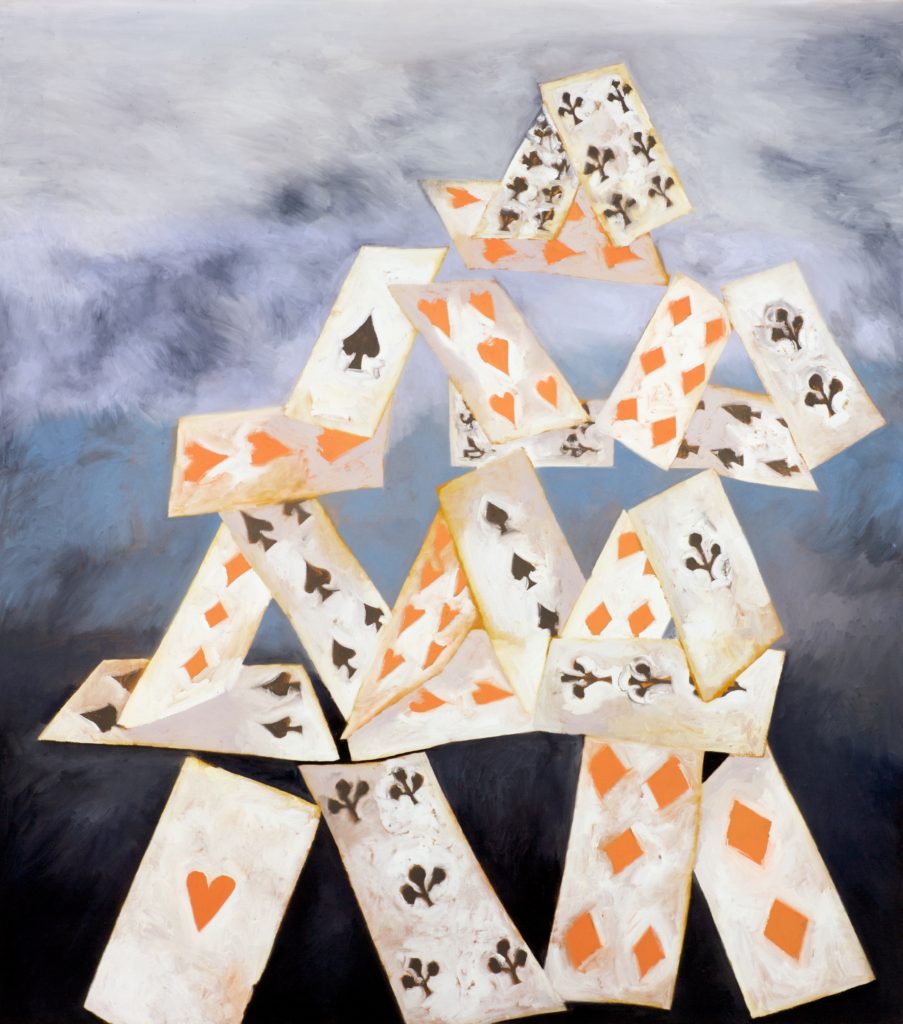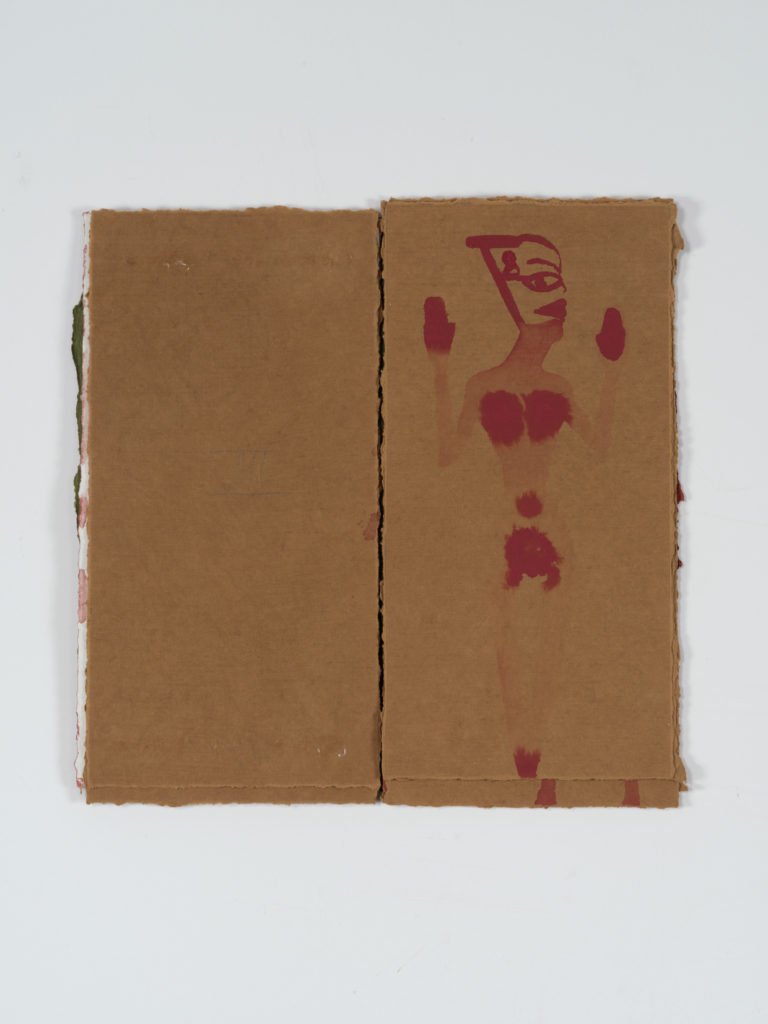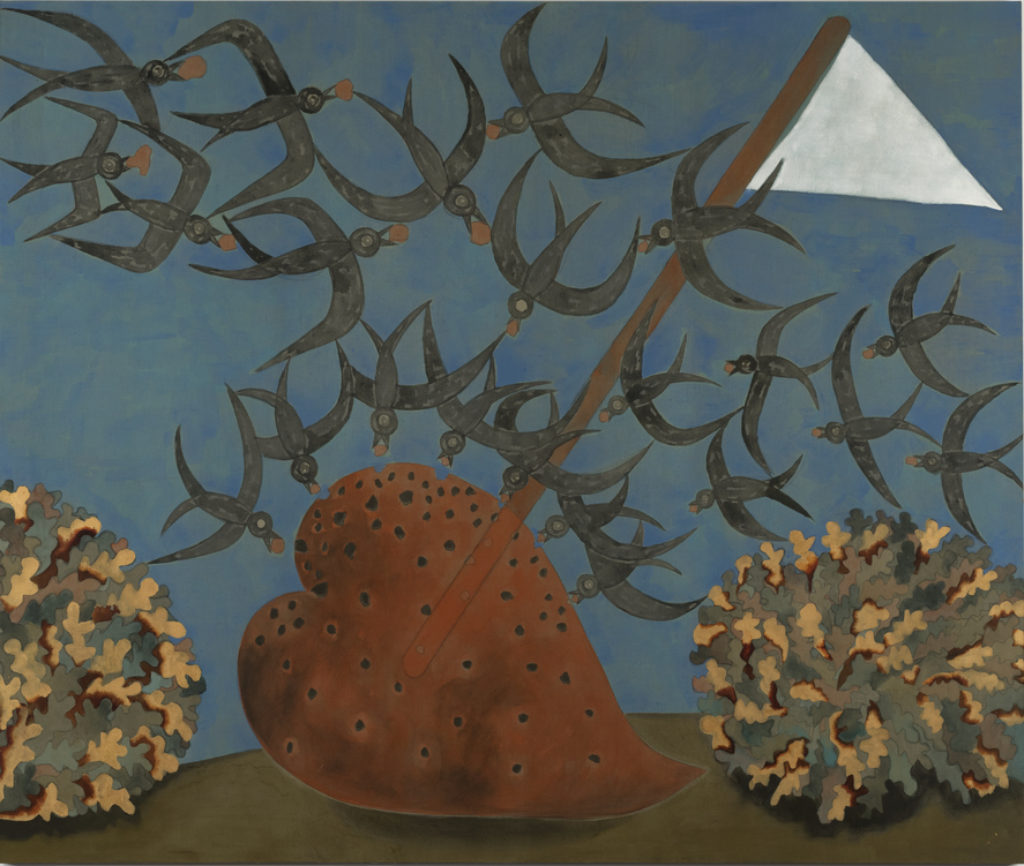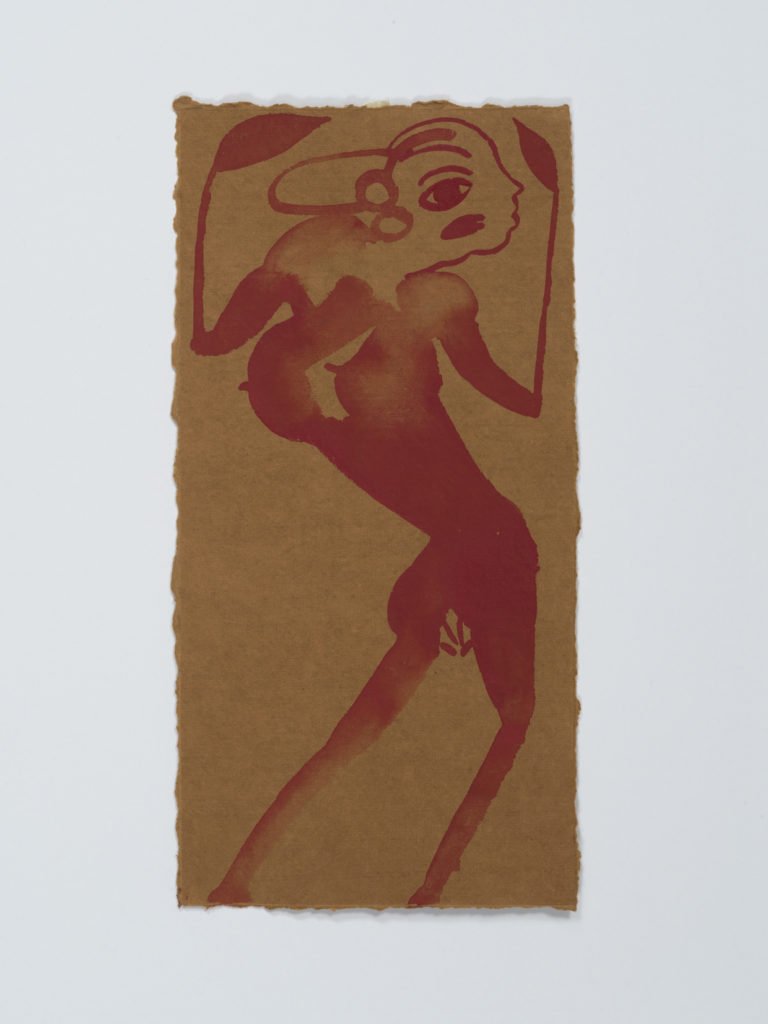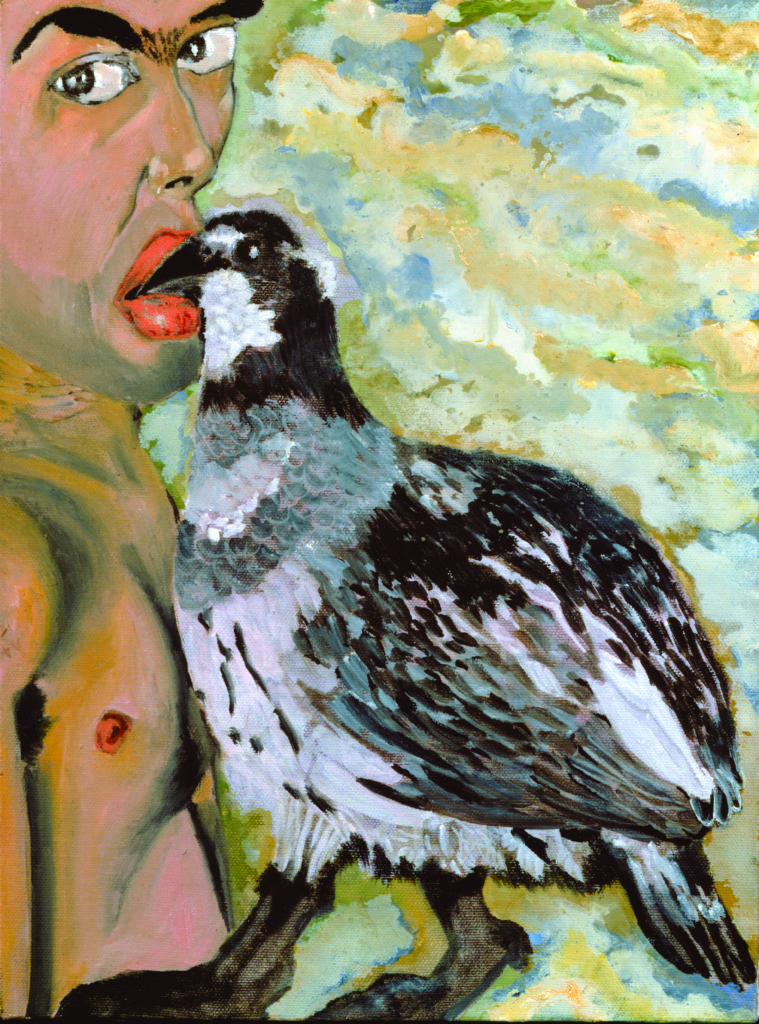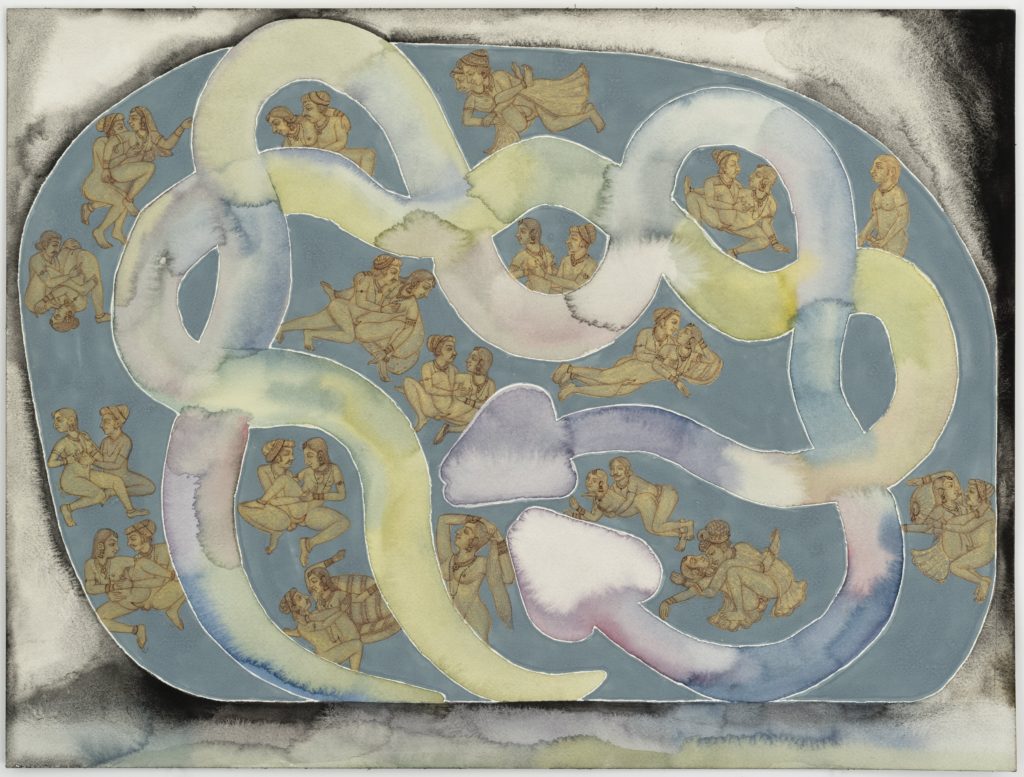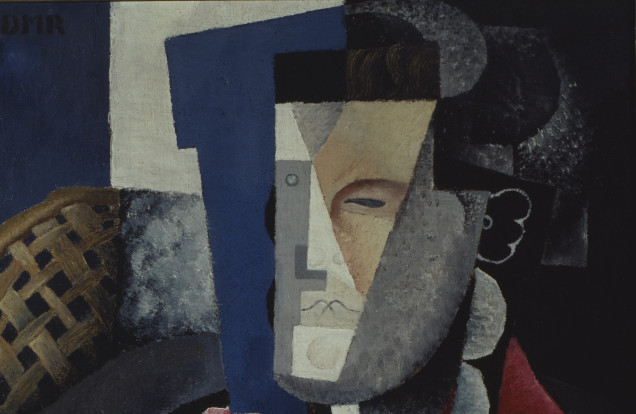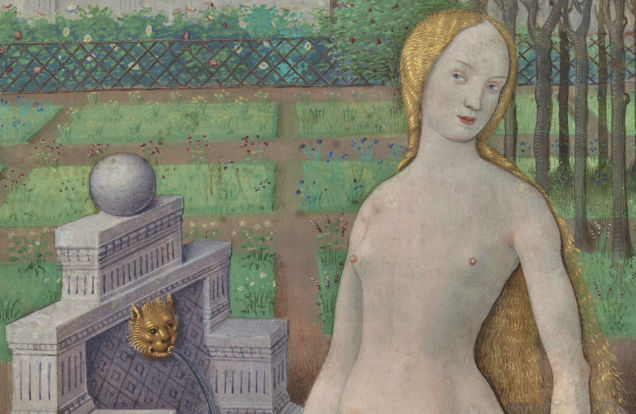The Storyteller
Francesco Clemente at the Brant
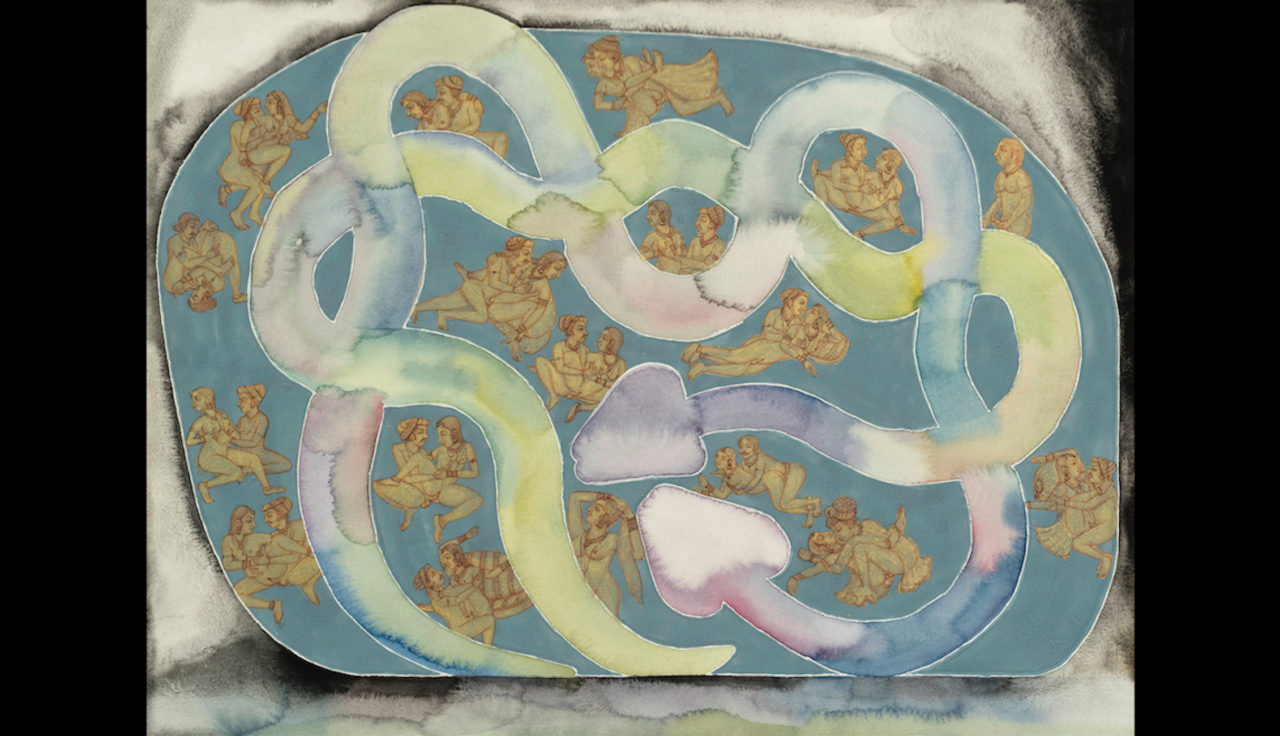

After World War Two, the artistic currency of Europe was on the decline while New York became the capital for new art. There are exceptions though, like movements such as Spatialism and Arte Povera. In the late 1970s and into the 1980s, another dynamic moment occurred in Italy called the Transavantguardia. Francesco Clemente was a leader of this movement, and became known for his re-embrace of drawing, painting, sculpture, and the use of narrative. The rich history and myth of his own homeland helped feed Clemente’s subject matter, which covered anything from history, spirituality, sex, or death. At a new survey at the Brant Foundation in Greenwich, Connecticut, one can witness Clemente’s power from forty years ago to today.
The American, and possibly more familiar, counterpart to Clemente’s Transavantguardia would be Neo-expressionism (think of artists like Julian Schnabel and Jean-Michel Basquiat.) However, Clemente’s iteration is informed by thousands of years of Italian history and lore. In the 1970s, the artist also spent a great deal of time in India, thus adding another set of ideas and styles to his already layered mix of influences.
At the Brant, one can see a range of Clemente’s art that spans wide and far in terms of style, material, and scale. With its non-chronological style of curation, interesting pairings occur that feels more essentially correct for an idiosyncratic artist like Clemente. For example, an enormous painting like Name from 1983 is shown with other paintings of similar scale rather than age (some paintings next to Name were made only a year or two before today.) This arrangement leaves a viewer to see the twists and turns of the artist’s style and symbolism over the years. It was a clever and useful decision by the Brant and Clemente to organize the show in such a fashion.
This exhibition is a thrill in its thorough mining of an artist of Clemente’s caliber. With over forty years of experience, the artist seems as interesting and energetic as ever. Partly this is due to the curation of the show, but mostly it is the exuberant work of Clemente that makes this exhibition look and feel like an absolute pleasure.
